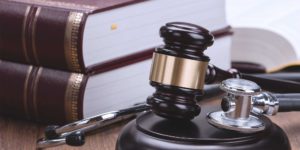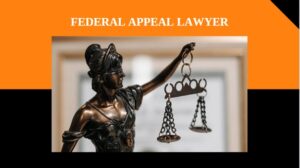What is the Best Option For Filing Bankruptcy?

In tough times, debts can quickly pile up. Unplanned expenses or unforeseen circumstances can make it hard to keep up with payments. Many people find themselves in a position where bankruptcy is their only option. However, it is important to consider all options available before deciding on this option. Bankruptcy will have serious negative consequences for your credit, and it can also hinder your ability to borrow money for years. If you’re unsure of what to do and want to know more about bankruptcy, Cain & Herren, ALC can help answer all your questions.
In order to understand your options, you must first know what types of bankruptcy are available. There are five different chapters in the U.S. Bankruptcy Code, and each one deals with a specific type of debtor. The most common types of bankruptcy are Chapter 7 and Chapter 13. Each provides its own set of advantages and disadvantages, but it is important to understand which one is best for you.
Chapter 7 bankruptcy allows you to completely eliminate most of your unsecured debts. It is the most straightforward and quickest way to get rid of debt, but it also means you will lose some of your assets. If you have limited income or primarily exempt property, this may be your best option. However, there are some debts that you cannot eliminate through Chapter 7. These include student loans, child support or alimony, and debts related to fraud, willful injury or malpractice.
With Chapter 13 bankruptcy, you can develop a plan to pay back some of your debts over a three- to five-year period. This can help you catch up on missed payments on your car or mortgage and prevent a repossession of these assets. However, it is important to note that this process will require more repayment efforts than Chapter 7, and it can be much slower to resolve your debt issues.
If you are considering bankruptcy, it is important to act early and get your financial documents in order. These can include property valuations, loan balances and payment amounts. You may also need tax returns, employment history and other documentation. This will help you determine the best option for your situation, and it will help you organize all of the information that is needed when filing for bankruptcy. A lawyer can assist you in getting all of this together before you file. In addition, he or she can provide advice on alternatives to bankruptcy. These may include finding a nonprofit credit counselor or seeking debt consolidation.
Cain & Herren, ALC
2141 W Vineyard St, Wailuku,
HI 96793, United States
+1 808-242-9350
law@cainandherren.com
cainandherren.com
cain-herren-attorney.business.site


